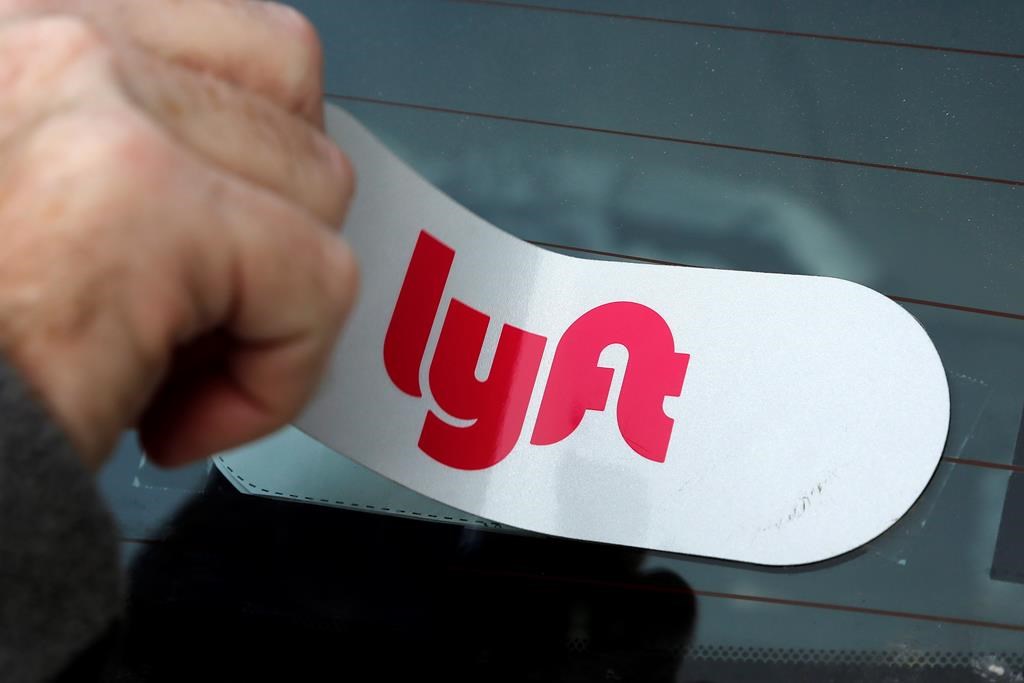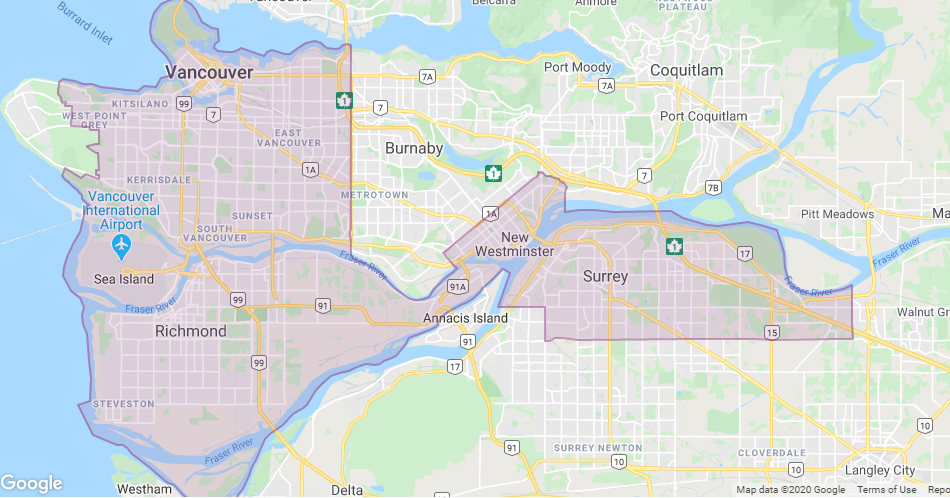Ridesharing company Lyft has significantly expanded its Metro Vancouver operating area.

The company said Monday its coverage had grown to include all of Vancouver and Richmond along with North Surrey and New Westminster.
The move comes days after a pair of rulings from the the B.C. Supreme Court blocking the City of Surrey from ticketing ridesharing drivers and refusing to grant an injunction suspending Uber and Lyft’s operating licences.
Lyft began operations in the region in late January, after being awarded a licence to operate in the Lower Mainland by the Passenger Transportation Board (PTB).

Get daily National news
But the company initially launched by only operating in the “core” area of Vancouver, along with the PNE and Vancouver International Airport.
Lyft says it hoped to soon service the entire region.

Meanwhile, B.C.-based ridesharing company Whistle! Ride launched service in Whistler on Monday. The company was the first to earn a ridesharing licence from the PTB back in December, but has been working since then to get up and running.
“This is the first time that ridesharing is available in Whistler,” said president Dylan Green.
“We’re different because we’re local, we’re a smaller company and we’re really focusing on the smaller towns of Whistler, Squamish, Pemberton and we launched last week in Tofino.”

Green said the company is launching with 10 drivers in the Whistler area, but hopes to expand to 20 or 30 drivers.
He said the ridesharing model, which allows drivers to sign on and work when demand rises, is particularly well-suited to communities like Whistler and Tofino.
“We really think the real demand for ridesharing is in resort communities because you have a small town with the whole world coming to visit you on weekends,” he said.
Green said the province’s driver licencing requirements and vehicle inspection rules could mean it takes a month or two to get the fleet where he would like it.









Comments
Want to discuss? Please read our Commenting Policy first.